We’re continuing our series on the #OutlanderEffect, this time with a look at Laura Donnelly and how a murder in her family became the play, The Ferryman.
Fans, could you love Jenny Fraser Murray any more than you already do? (Minus that wee transgression arranging that god-awful marriage with “she who should not be named,” of course.) Well, after this #OutlandEffect post, we’re hoping you’ll have a whole new appreciation for the actress Laura Donnelly, who embodies the character of Jenny and who, it turns out, is just as fierce and as loyal as the character she created for Outlander.
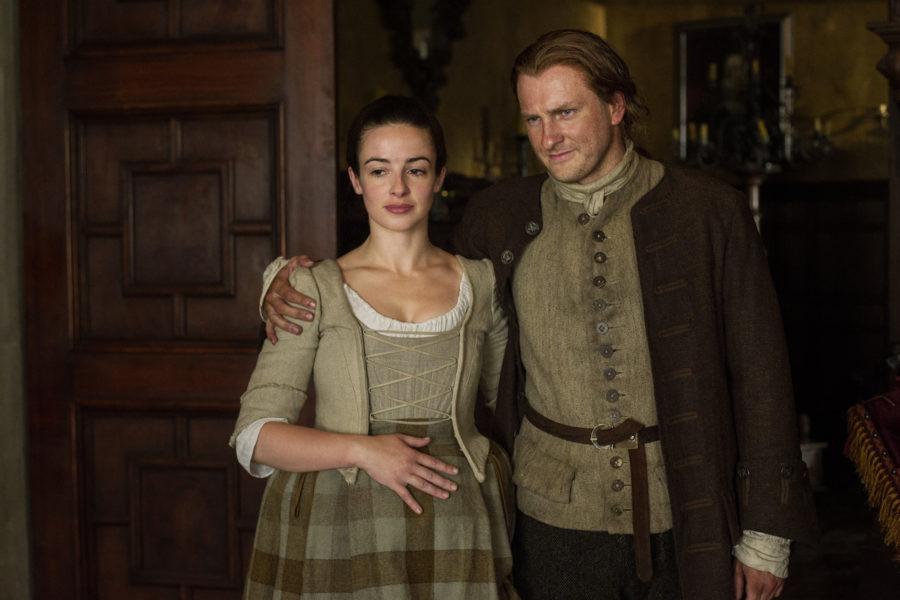
photo courtesy of Collider.com
—————————————————————————————————————————-
FAST FACTS YOU NEED TO KNOW:
Unless you’ve been living under a rock (or in a country far far away), no doubt you’ve heard that a new 2017 play by Jez Butterworth is THE talk of Londontown. Everyone who’s anyone wants to see it or has been to see it. The Ferryman has received multiple five-star reviews by revered UK and international critics.
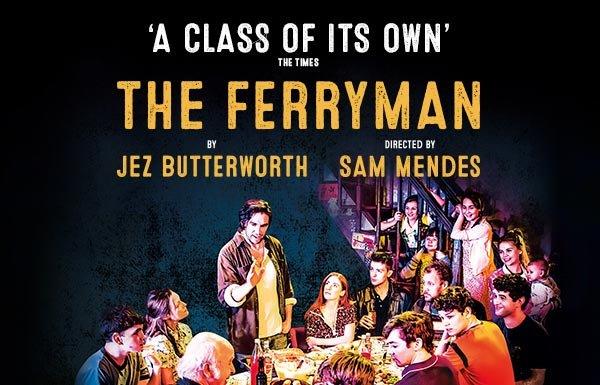
But what you may not have known is this…
• It starred Laura Donnelly (okay, maybe you knew that).
• It was based on a true story of murder.
• It was based on Laura Donnelly’s uncle’s murder, committed by the IRA.
• Butterworth interviewed Laura’s mother and other families of “The Disappeared,” in Ireland, to develop and write the story.
Butterworth, if you didn’t know, wrote Edge of Tomorrow with Tom Cruise. Are you among those dreaming of Sam Heughan as the next James Bond? The last movie Spectre? Well, Butterworth wrote that, too.
Lin-Manuel Miranda (playwright of the other formidable play, Hamilton) presented a Best Play award recently to Butterworth. Upon accepting the trophy, Butterworth told The Ferryman star Donnelly, his partner and mother of his soon-to-be born second child, “I’m not going to dedicate this award to you – I’m going to give it to you.”
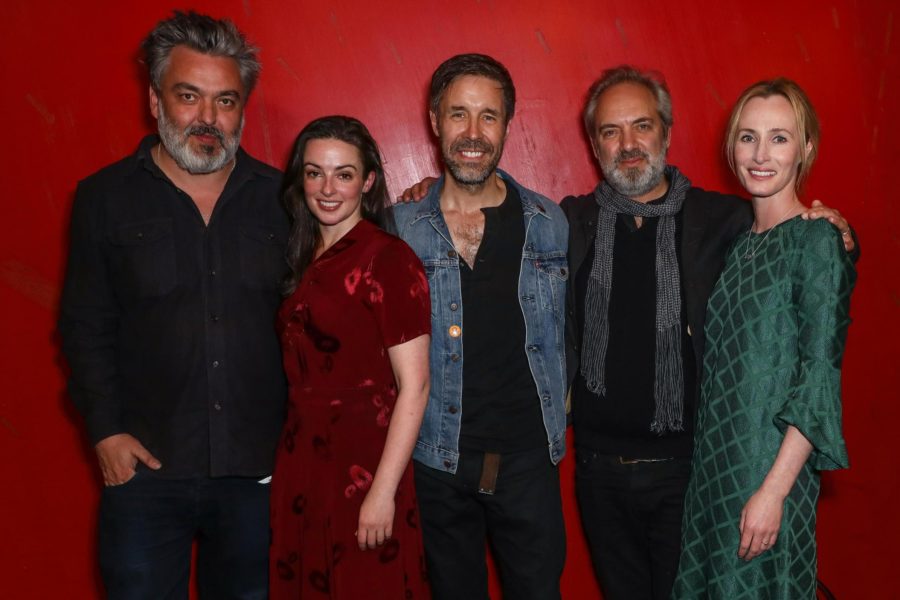
photo courtesy of The Evening Standard
Donnelly wasn’t born yet when her uncle, Eugene Simons, was abducted and murdered. But she was a toddler by the time he was found. Yet the family didn’t speak of it.
Flash forward years later…
A few short years ago, as Donnelly was watching a documentary on The Disappeared, Simons’ picture flashed up on the screen. Her life would change forever… The Disappeared refers to a group of 15 men and one woman who were abducted, executed and secretly buried by Irish republican (IRA) paramilitaries in the 1970s and early 1980s.
In The Ferryman, Donnelly plays a woman whose husband’s body is accidentally uncovered a decade after he was secretly buried, which evoked another spate of violence as a result. In an interview with Robert Dex of The Evening Standard, Donnelly described the telling of the victims’ story as “extremely cathartic.” “My uncle, Eugene Simons, (26, married, father of three) was one of the Disappeared. He was my mother’s brother and disappeared the year this play is set, 1981,” she said in the interview.
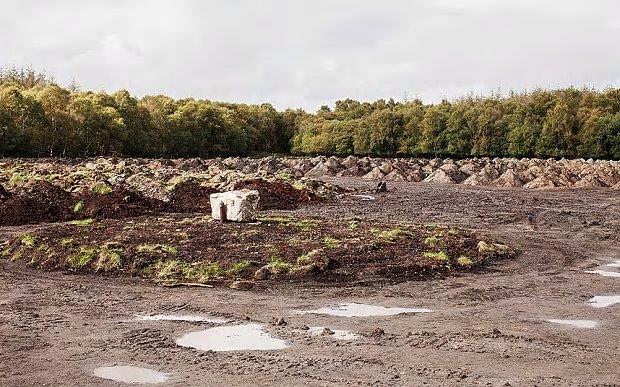
In 1984, (and as horrible as this next part sounds) luckily he was found, although ”pickled” in an acidic peaty bog by a man walking a dog. “My mum and many other members of my family are just grateful that it didn’t go on as long as some did—most other families had 10, 20, 30 years. It’s a very, very cruel thing.”
Just how cruel? Her family, like others, were fed stories, after Simon’s disappearance, about how he had been spotted alive and well. Another victim’s mother was sent a Christmas card each year, purportedly from her missing son. These victims were not left dead beside a road in the IRA’s usual fashion. They vanished without a trace. Local republicans denied any knowledge of them. It was as if they had never existed. Neighbours ignored them; even priests shunned families.
For the last few decades, their mothers, wives and children lived in a sort of purgatory, unable to grieve or move on. They couldn’t go to the police, who often were seen as the enemy and scarcely operated in republican areas in those days. They were warned not to speak out or ask questions. They suffered ill health, depression, even madness.

The Ferryman. Photo Credit: Johan Persson
According to Donnelly, “They did it to keep the wound open. It was a form of torture really, because it stops people from being able to mourn properly.”
Some of the victims were mere teenagers and have since been found in County Monaghan. If that name sounds familiar, it should—it was near to where Caitriona Balfe grew up.

Donnelly’s family urged her to accept the part in The Ferryman. “I witnessed growing up in Northern Ireland the curse of silence and it was very important for me for this story to be told,” Donnelly said in an interview in the Evening Standard. Her mother has seen the show several times and, at first, found it hard to bear. “But now she loves it and is really grateful to have the spotlight shone on something that has really never had any attention, especially over there. Silence is a dangerous and a painful thing.”
Donnelly’s contribution is greater than her acting and inspiring the development and the writing. What she has done is to share a fictionalized piece of true history with the British in the audience, who are left bolted to their chairs, spell-bound by its mystic tale. Some of these audience-goers might even have ties to the British who ignited a civil war as such (similar to what was done in 1600/1700 Scotland), but within her own country, spread with fire and fury through the Easter uprising.
Audiences appreciated his work, as Butterworth’s The Ferryman prevailed at this year’s London Evening Standard Theatre Awards, winning three gongs, including best play.
When Butterworth gave his best play award for The Ferrymen to Donnelly, he revealed she had been pregnant throughout its sell-out run. “The main difference between Mark doing Jerusalem [another Butterworth play] and Laura doing The Ferryman is that Mark wasn’t pregnant throughout the entire run of it. I think she did 131 performances and ended it six months pregnant and nobody guessed. I don’t think that is an easy thing to do, at that point I’m just sitting at home with our other child waving her off and having a gin and tonic while she’s got to go out there and do it eight times a week.”
Although Donnelly’s no longer starring in The Ferryman, her life’s legacy lives on within its very core. There’s still time to see the play if you’re in London, or passing through, anytime until May 19, 2018 at The Gielgud Theatre.
This is the second story in our #OutlanderEffect series, in which we follow actors associated with the TV show. To read about Graham McTavish’s next film, Sargasso, click here.


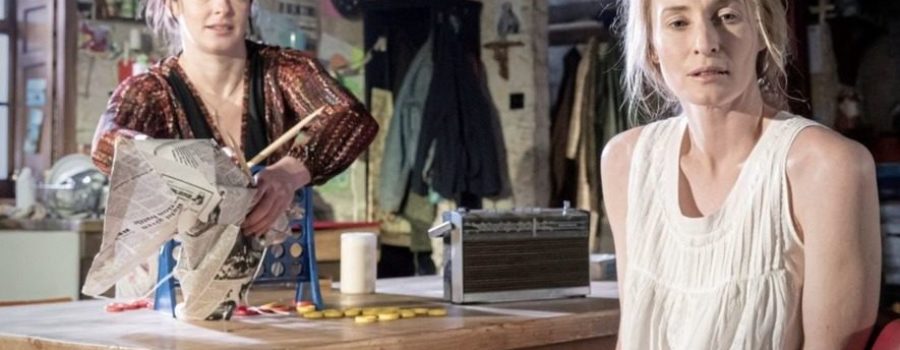



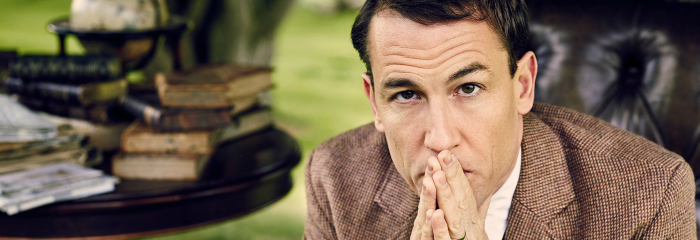
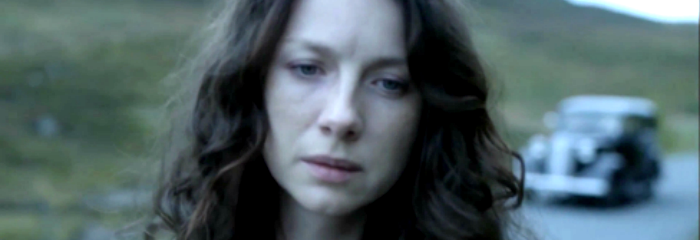







Leave a Reply
Your email is safe with us.